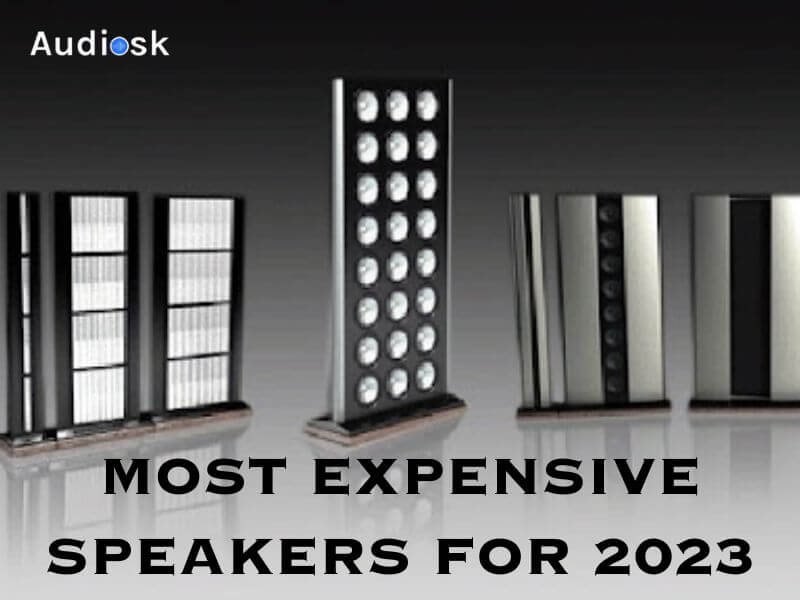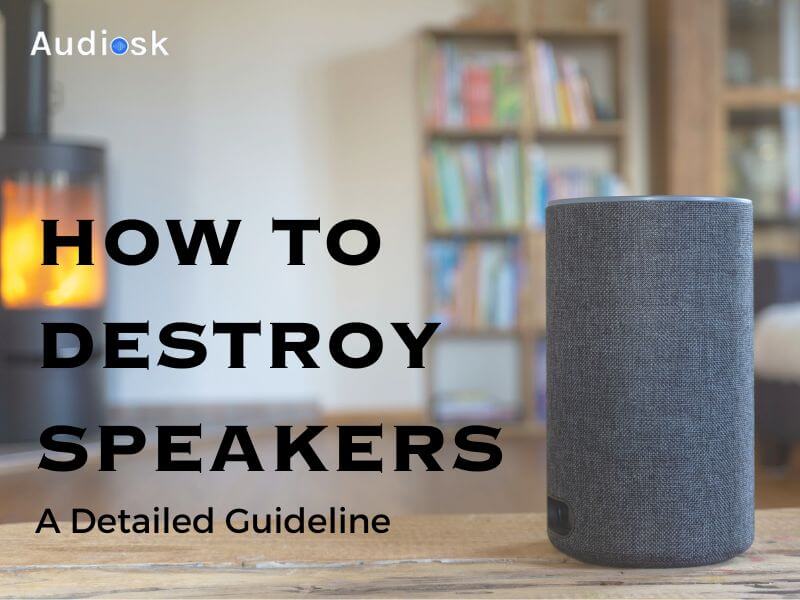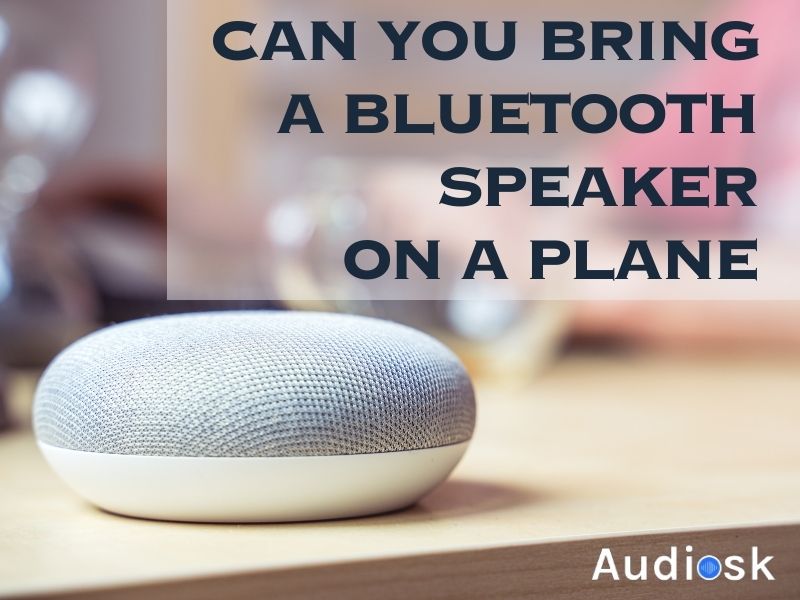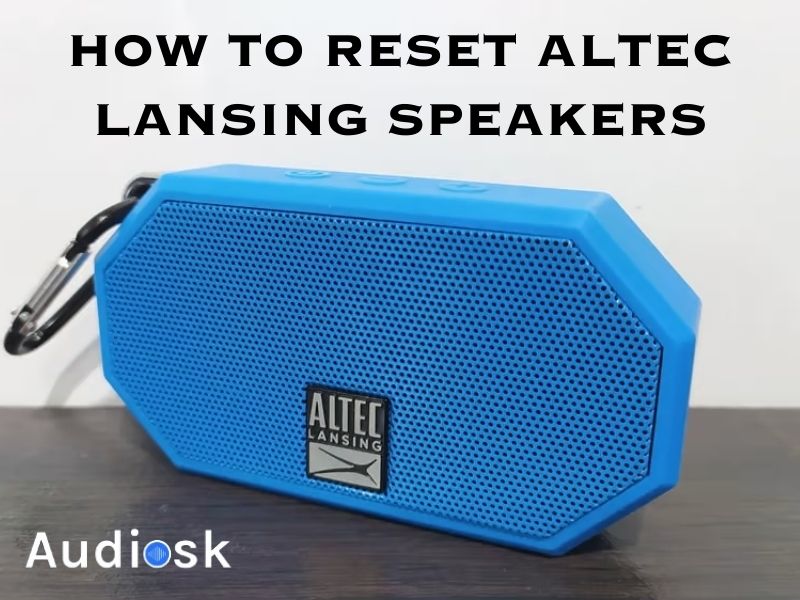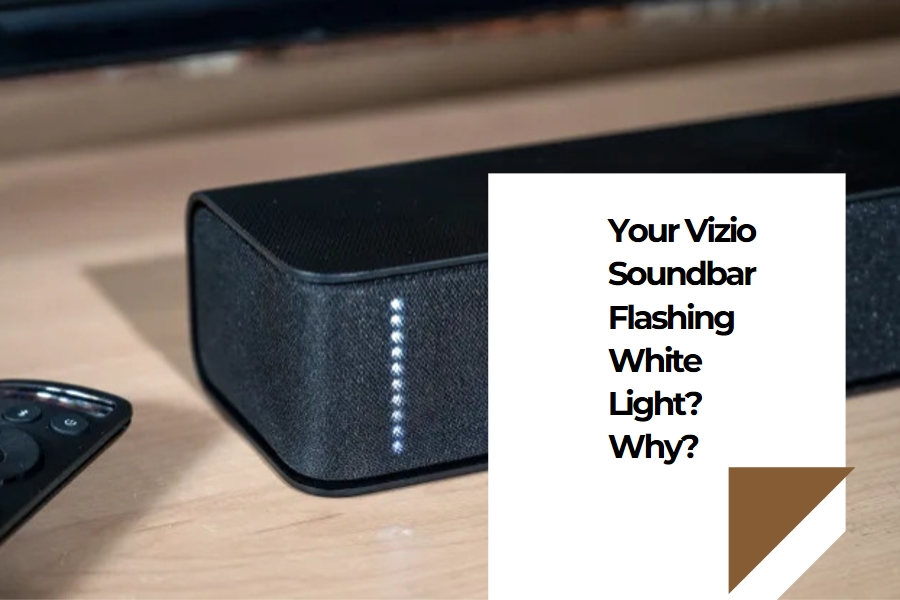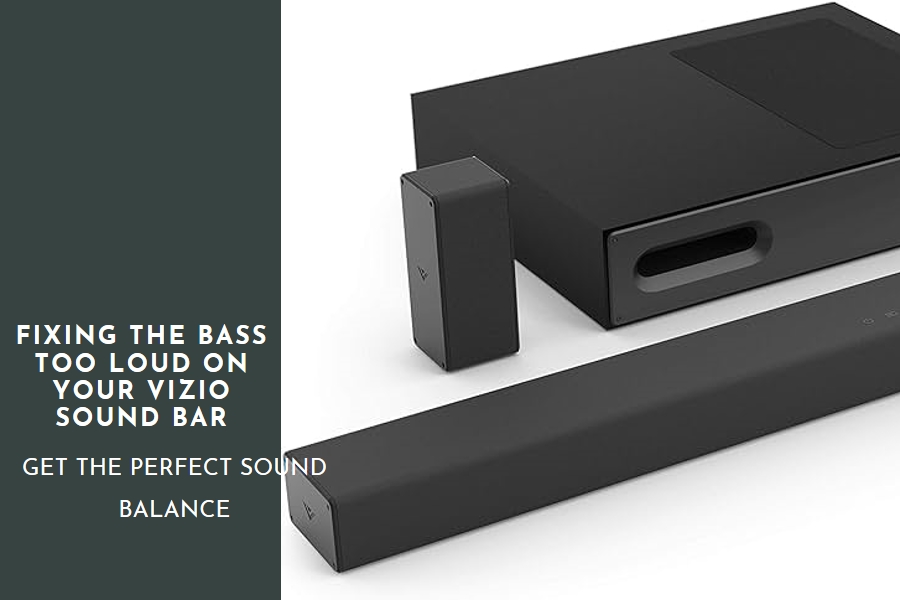Have you ever wondered how long do speakers last? And what affects their lifespan. When properly maintained, high-quality speakers will last for many years. Design/material, installation and environment, attached amplifier(s), and usage period all affect the lifespan of speakers. Read more below!
What Is The Typical Lifespan Of Speakers?
Like any material, some parts of a speaker wear out more quickly than others. Choosing which material to employ in developing a piece is crucial, even though each is conceived and constructed differently.
Depending on the budget and the speaker’s final price, some manufacturers use low-quality materials, making them prone to deterioration, repairs, and replacements.
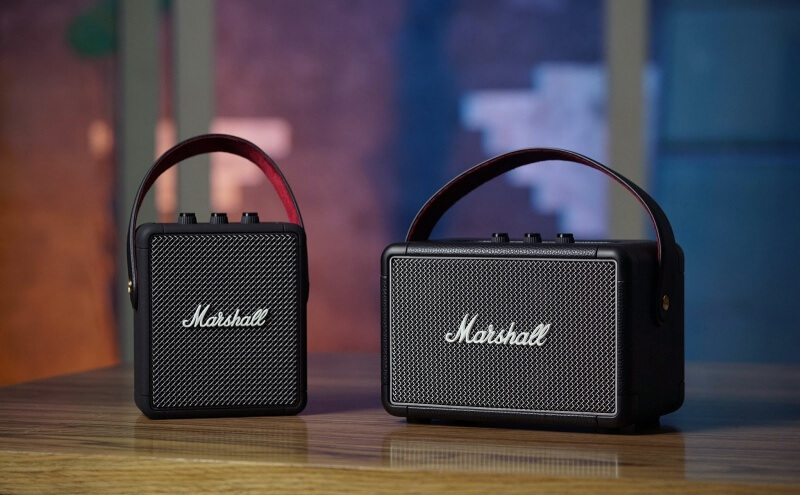
If the speaker is properly maintained, high-quality speakers can last for many years. However, the most critical factor in speaker longevity is the general care of the speaker. The typical lifespan of speakers is a multifaceted subject. A good quality, responsible speaker can last between 10 to 20 years on average.
Some high-end speakers can surpass this average lifespan of 40 or 50 years. That’s a considerable amount of time for an electronic device.
Read more: Marshall Vs Bose Speaker
How Long Do Speakers Last?
Under normal circumstances, speakers can be expected to work for up to 50 years or longer if cared for. High-end speakers will last much longer, extending to several decades if they’re well cared for.
However, the lifespan of a speaker depends on several factors:
Quality and type of materials used
The materials used to manufacture the speaker are crucial in determining its lifespan. For instance, speakers with rubber surrounds tend to have a longer lifespan than those with foam surrounds, which deteriorate more rapidly.
Read more: How To Refoam Speakers
Usage
A speaker’s longevity heavily depends on how it’s used. Regularly playing music at high volumes can strain the speakers and may cause wear and tear over time.
Furthermore, using the speaker beyond its specified limits can lead to mechanical failures, reducing lifespan.
Maintenance and care
Speakers require proper maintenance and care like any other electronic device. Regular cleaning, using them within their specified limits, and ensuring adequate storage can help prolong your speakers’ lifespan.
Environmental factors
The environment where the speakers are kept can also influence their lifespan. For example, speakers held in a humid climate or exposed to sunlight can deteriorate faster.
Why do speakers deteriorate?
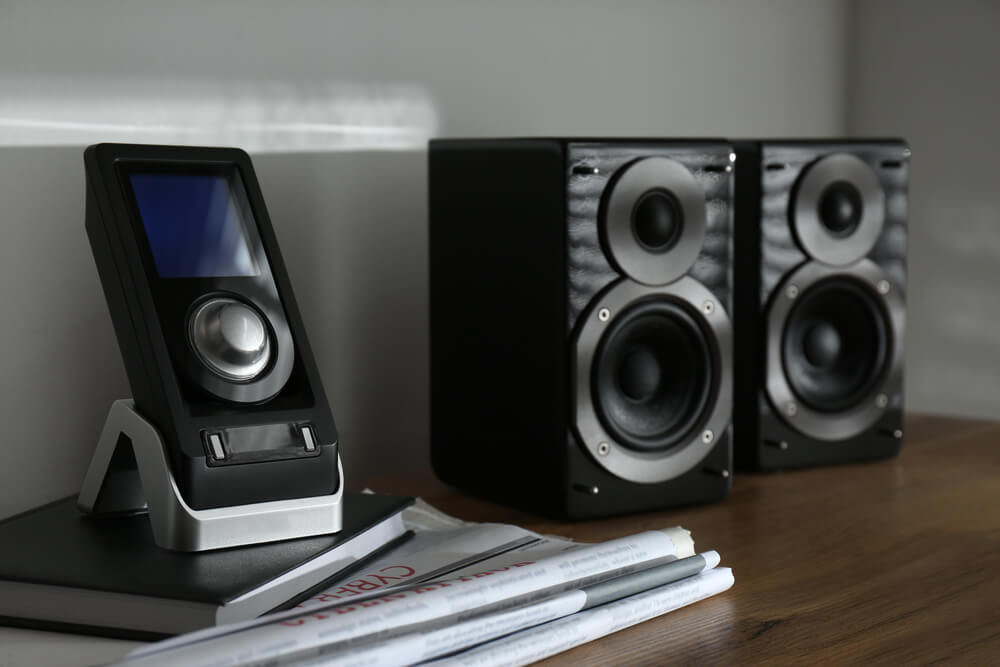
Even though speakers are designed to last for a substantial amount of time, they are not immune to deterioration. There are several reasons why speakers deteriorate over time:
Physical damage
Physical damage is one of the most common causes of speaker deterioration. This includes damage to the cone, the surround (the flexible ring that allows the cone to move), the spider (a piece of the speaker that helps to keep the voice coil aligned), and the voice coil itself.
This can occur due to accidental drops, knocks, or mishandling during transportation or installation.
Overdriving the speaker
Playing music or other audio at a volume higher than the speaker can handle, often called “overdriving”, is a common cause of speaker deterioration. This can generate heat and cause the voice coil to burn out or even warp. Over time, this leads to a drop in sound quality or even total speaker failure.
Wear and tear from regular use speaker
Regular use can lead to gradual wear and tear of the speaker components. Over time, materials like the foam or rubber surround and the cone can break down or degrade.
This is especially true for many types of speakers that are frequently played at high volumes or exposed to high vibration levels.
Environmental factors
Speakers can deteriorate due to environmental factors such as exposure to sunlight, high temperatures, or high humidity levels.
For example, exposure to sunlight can cause the speaker’s materials to degrade, while high humidity can lead to mold or mildew, damaging the speaker’s components.
Read more: How to Daisy Chain Speakers
Poor maintenance
Failure to properly maintain and clean speakers can lead to dust and debris buildup. This can clog the speaker’s components, hampering their performance and leading to deterioration.
Physical damage, overdriving, wear and tear, environmental factors, and poor maintenance can cause speaker deterioration. Knowing these factors can help you better care for your speakers and extend their lifespan.
How Often Should You Replace Speakers?
As with many other gadgets and devices, the frequency of speaker replacement depends on various factors, such as usage, maintenance, and the inherent quality of the speakers. It’s not uncommon for high-quality speakers to last up to 20 years or more when they’re well cared for.
Nevertheless, there may come a time when you need to replace your speakers, and knowing the signs can save you from terrible sound experiences such as decreased sound quality, consistent buzzing or crackling sounds, lack of power or no sound, and physical damage.
Read more: How To Destroy Speakers
Conclusion
So, “How long do speakers last?” has no one-size-fits-all answer. It depends on a combination of factors, including the quality of the speaker and how it is maintained. But with the proper care and usage, you can ensure your speakers deliver high-quality sound for many years.
FAQs


